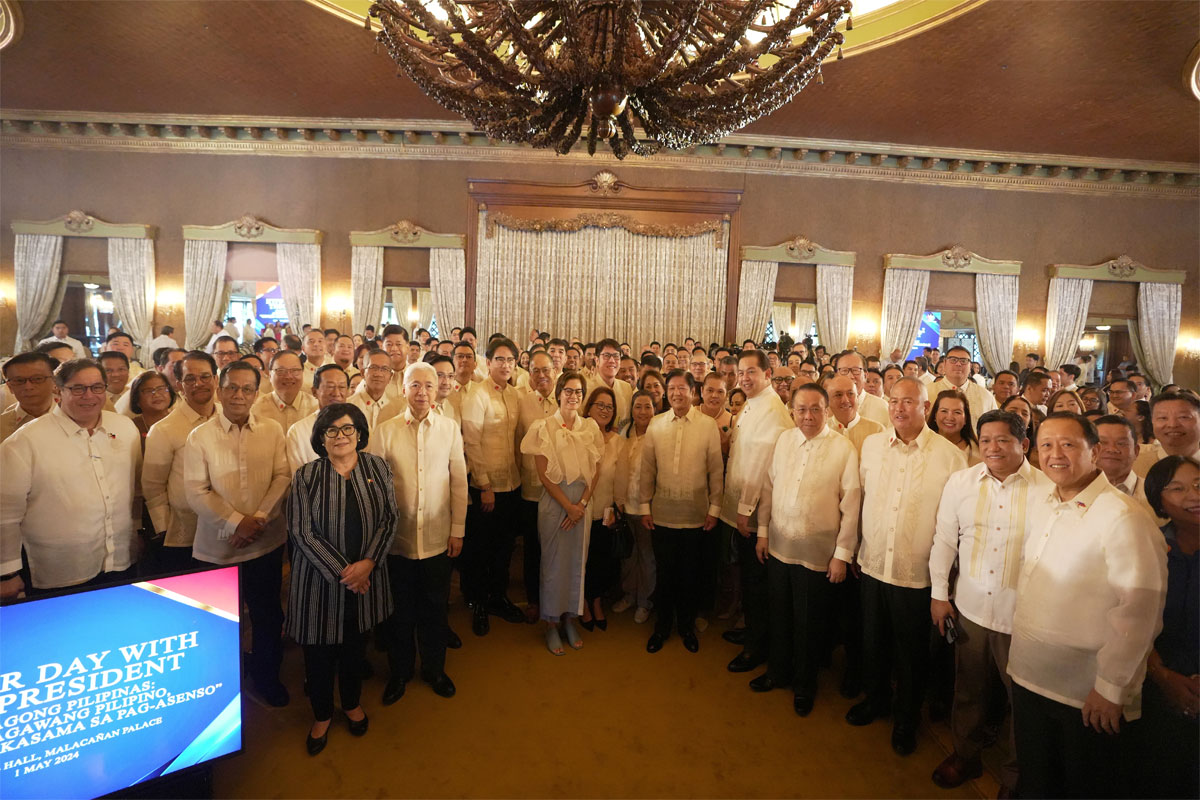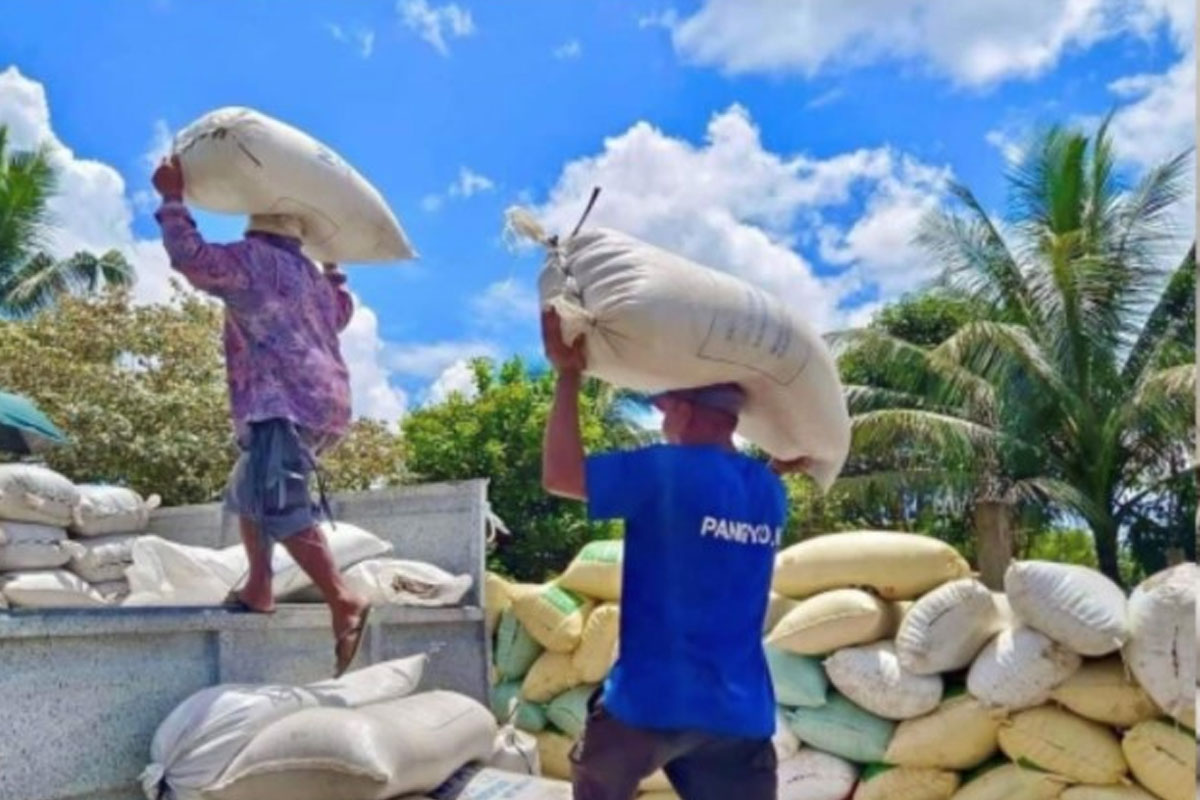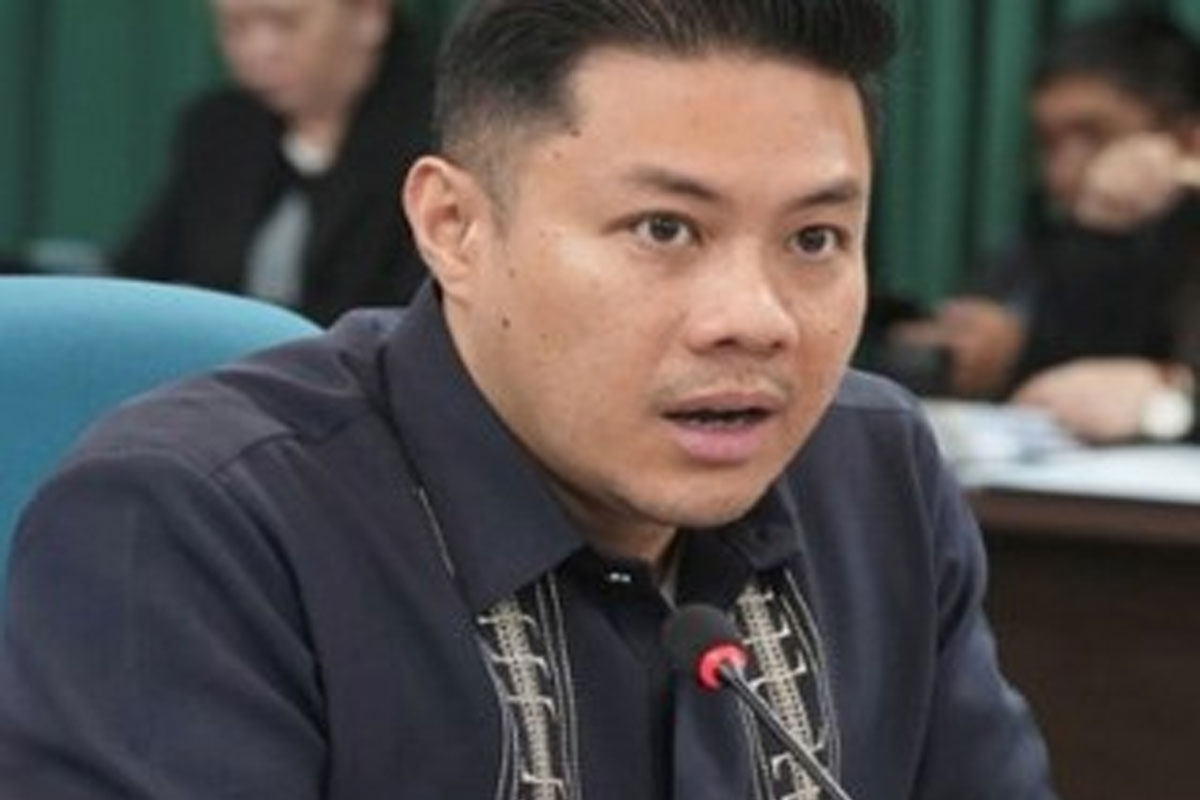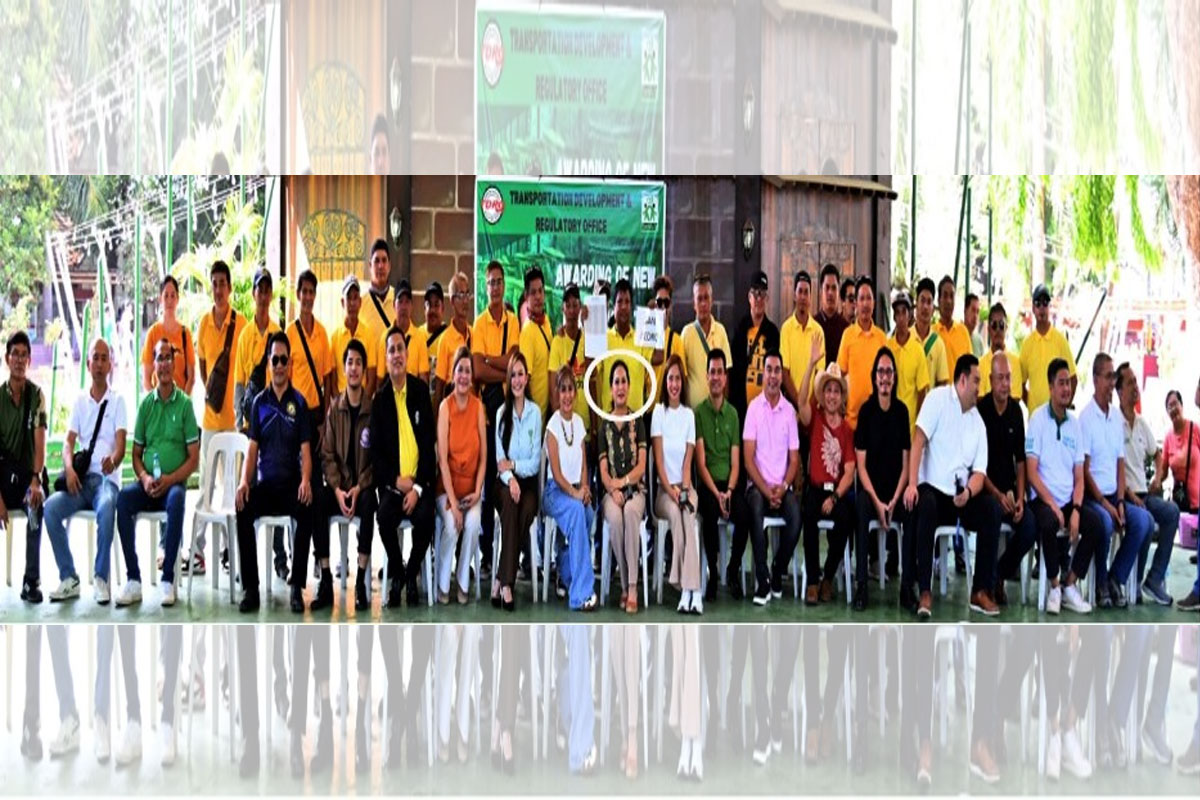
BFAR, CSAP ink MOA ensuring raw materials for canning
A CONTINUOUS and sufficient supply of raw materials for canneries will now be guaranteed with the signing of an agreement between the Department of Agriculture-Bureau of Fisheries and Aquatic Resources(DA-BFAR) and the Canned Sardines Association of the Philippines (CSAP).
The signing of the Memorandum of Agreement (MOA) was an offshoot of the recommendations raised by various stakeholders of the country’s sardines industry during a consultation meeting DA-BFAR organized last month.
The CSAP will engage the selected registered municipal fisherfolk to sustain the supply of raw materials for canning, especially during the implementation of annual closed fishing seasons.
BFAR Officer-in-Charge (OIC) Atty. Demosthenes said that aside from sustaining and ultimately increasing the supply of sardines for canneries, the MOA intends to capacitate municipal fisherfolk on proper fish handling, food safety standards, and processing technologies.
Under the agreement, the DA-BFAR, as the primary government agency mandated to manage the country’s fisheries and aquatic resources, shall provide post-harvest support and necessary equipment in identified landing sites wherein the consolidation of raw materials will take place.
The BFAR is also tasked to ensure that the identified fisherfolk complies with the government’s food safety and traceability requirements and facilitate transportation or logistics support.
The CSAP, on the other hand, shall ensure that its members observe fair trade in directly negotiating with selected associations derived from the identified registered municipal fisherfolk provided by the DA-BFAR.
In addition, the CSAP shall ensure that its members strictly comply with the terms and conditions in the Purchase Order (PO).
“We are ensuring the employment of hundreds, if not thousands, of factory workers and adjacent industries when the canneries can continue to operate during the three-month fishing ban. Productivity during the three-month fishing ban means more employment, job security, and food on the table for many families,” CSAP President Benjamin Sy said.
Aside from this collaboration, DA-BFAR has committed to providing assistance in the implementation and conduct of the research program titled “Attaining Sustainability in the Fisheries for Sardines and Other Small Pelagic Fish Off the Zamboanga Peninsula.”
The program aims at addressing the gaps in information needed to strengthen the management among sardines and associated small pelagic stocks off the Zamboanga Peninsula in order to ensure the long-term sustainability of the small pelagic fishing industry.
The partnership was formalized during the 5th National Sardines Industry Congress held in Zamboanga City on Oct. 20 through the signing of an MOA between the academe—University of the Philippines Visayas, Mindanao State University-Iligan Institute of Technology, and Jose Rizal Memorial State University, BFAR Regional Office IX, and Southern Philippines (SOPHIL) Deep Sea Fishing Association, Inc.



























